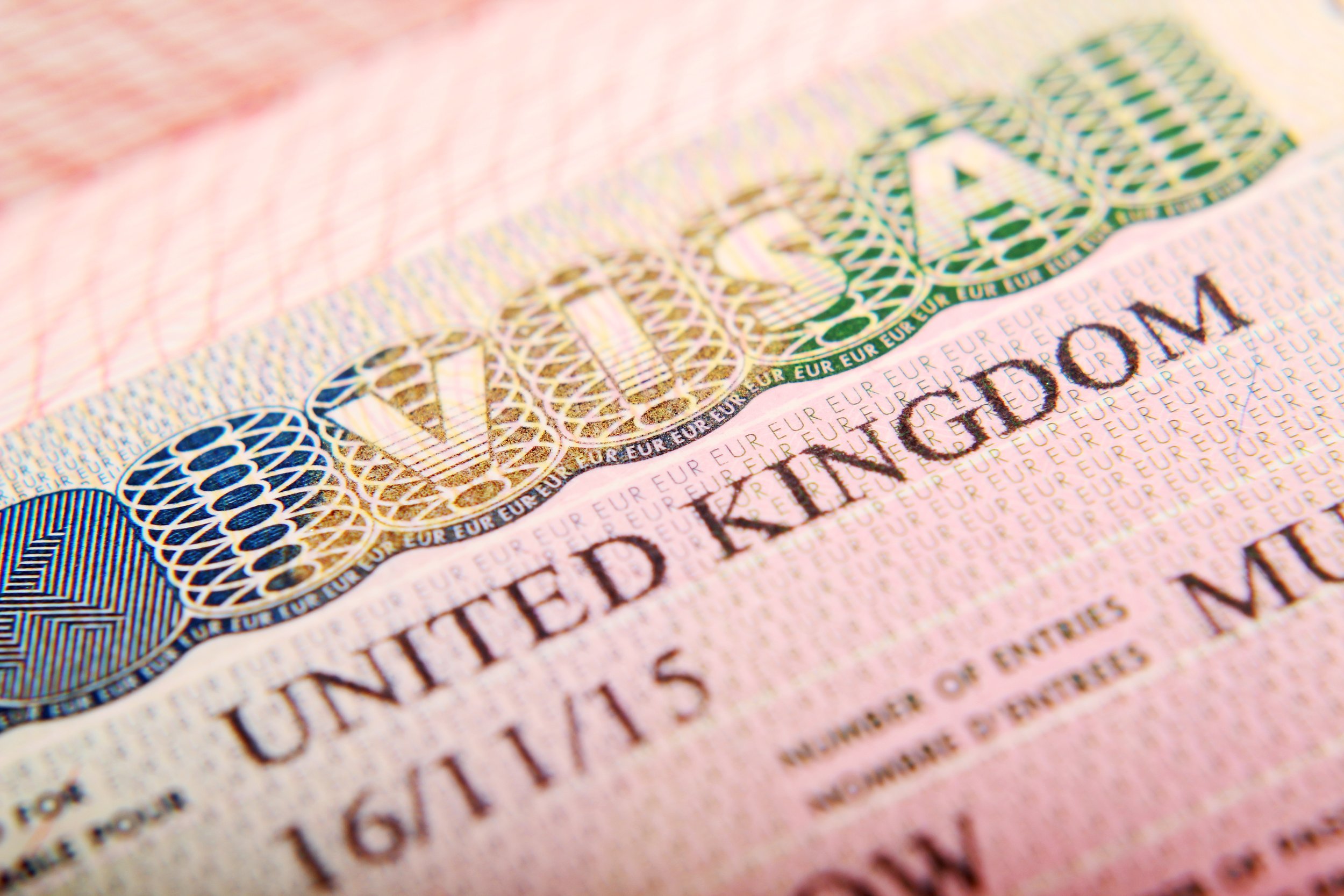
New Right to Rent Code of Practice comes into force 22nd January 2024
Since February 2016, Landlords in England have been required to check that anyone renting residential property’s the correct legal immigration status. This means that landlords and their letting agents (where applicable) must check documents manually or use the Landlord Checking Service through the Home Office to ensure that tenants have the Right to Rent..
On the 22 January 2024, the revised code of practice will be introduced, replacing the previous version and the changes implemented will coincide with higher maximum fines for non-compliance.
These higher fines represent what the Home Office has described as one of the “biggest shake ups” of civil penalties since the checks were first introduced.
Landlords are responsible for carrying out Right to Rent checks to ensure that all occupants of residential properties aged 18 and over have the Right to Rent in England. The penalties for non-compliance will increase from £80 per lodger and £1,000 per occupier for an initial breach to up to £5,000 and £10,000 respectively. Any repeat breaches will attract fines as high as £10,000 and £20,000.

Revised Guidance for Right to Checks
All landlords in England have a responsibility to prevent those without lawful immigration status from accessing the private rented sector. You do this by conducting right to rent checks on all prospective adult tenants before the start date of a tenancy agreement, to make sure the person is not disqualified from renting a property by reason of their immigration status.
This guidance provides information on how and when to conduct a right to rent check. You should also refer to the following documents:
Code of practice on right to rent: civil penalty scheme for landlords and their agents
Code of practice for landlords avoiding unlawful discrimination when conducting ‘right to rent’ checks in the private residential sector
Right to Rent Checks: A user guide for tenants and landlords
If you conduct the checks as set out in this guidance and the code of practice, you will have a statutory excuse against liability for a penalty in the event you are found to have rented to a person who is disqualified by reason of their immigration status.

Right to Rent checks go Digital
All landlords in England have a responsibility to prevent those without lawful immigration status from accessing the private rented sector. You do this by conducting right to rent checks on all prospective adult tenants before the start date of a tenancy agreement, to make sure the person is not disqualified from renting a property by reason of their immigration status.
Since February 2016, Right to Rent checks have been carried out face to face with ‘original documents’ in hand. However, this changed during the pandemic when lockdowns prevented tenants from presenting themselves at the letting agent’s office and as a result of the restrictions put in place by the Coronavirus Act 2020, the legislation relating to Right to Rent checks was temporarily adjusted until September 2022. This temporary adjustment allowed letting agents and landlords to conduct Right to Rent checks using digital platforms such as FaceTime or Zoom.
